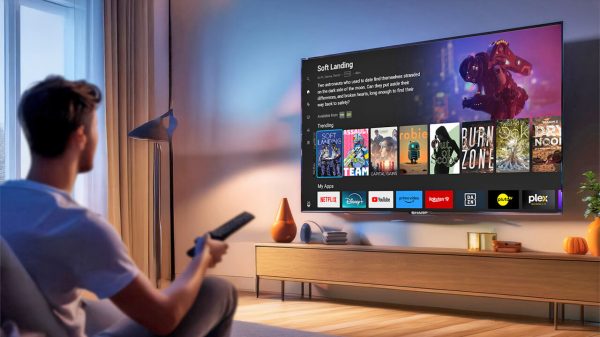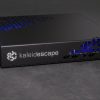More than 400 cities in the United States have planned municipal Wi-Fi networks, but after a honeymoon period there is a widespread perception, fueled by media reports of high-profile problems, that the concept is fundamentally flawed. According to a new study from ABI Research, however, there is a disconnect between that media-driven gloom and the reality on the ground. Municipal Wi-Fi can be a success, if its goals and business models are redefined.
According to vice president and research director Stan Schatt, “We need to change our expectations of what a municipal Wi-Fi network is actually good for, from ‘free Internet access for all,’ to a narrower, higher value role centering on public safety and municipal workers.”
The “free consumer broadband Internet” model, which helped sell the idea to the municipalities, is not sustainable in the long-term, says Schatt, but these networks are perfect for enhancing municipal workers’ productivity and first-responders’ emergency communications.
Enter PSIC, the Public Safety Interoperable Communications grant program. On September 30, the US Federal Government allocated $1 billion to fund up to 80% of interoperable communications systems for emergency services. “Whether that entire billion gets funneled into the equipment that’s used for municipal Wi-Fi is questionable,” says Schatt, “but we believe a good part of it will.”
To negotiate this shift in priorities, municipal governments will have to back-pedal from the promises they made to voters about free universal Internet access and instead focus on improving public safety and efficiency. For “Digital Inclusion,” pre-paid Wi-Fi Internet access cards can still be distributed by social services agencies.
Under a revised business model, the municipality would become a paying “anchor tenant” and the provider would enable connectivity for mobile municipal employees and first-responders. Services would also include public space video surveillance for security or traffic monitoring. Where the municipality sees monetary value in those services, the model succeeds. Meanwhile the service provider is free to sell additional services to consumers for a modest fee, stimulating local competition.
The new ABI Research report, Municipal Wireless, examines the current state of municipal Wi-Fi networks, assessing technology evolution, current market challenges and possible solutions. It forms part of two ABI Research Services, Wi-Fi, and Mobile Broadband.
ABI Research is a leading market research firm focused on the impact of emerging technologies on global consumer and business markets. Utilizing a unique blend of market intelligence, primary research, and expert assessment from its worldwide team of industry analysts, ABI Research assists hundreds of clients each year with their strategic growth initiatives. For information, visit http://www.abiresearch.com, or call +1.516.624.2500.





























